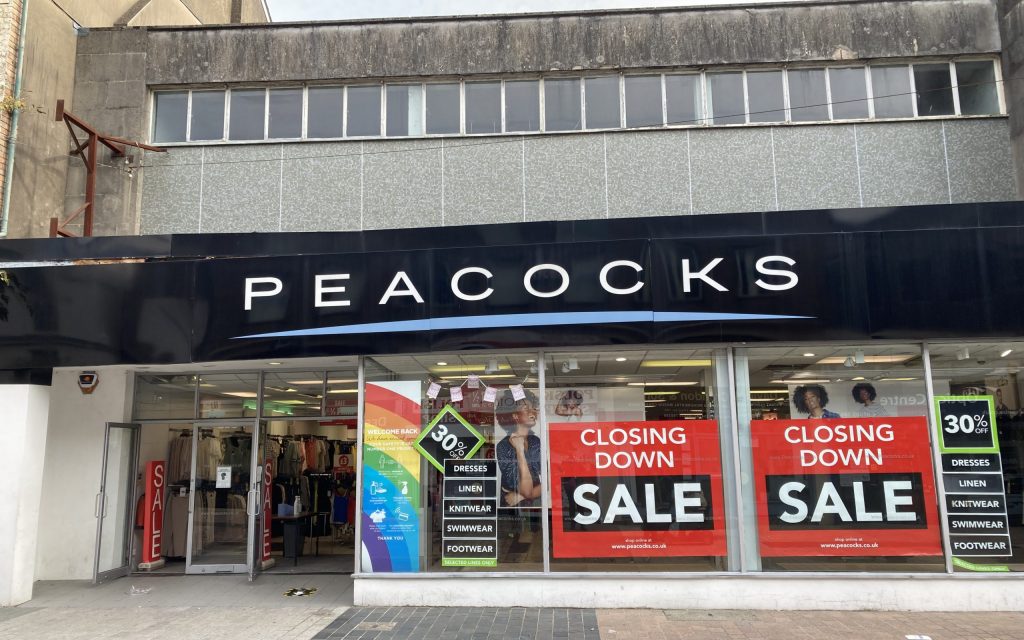 Economy
Economy 
The Bevan Foundation says today’s spending review leaves many questions unanswered and is unlikely to avert the economic crisis the Chancellor acknowledged is upon us.
The Chancellor’s announcement presented a mixed picture for people in Wales.
On the one hand, the spending review contained some welcome news.
The uplift in the Welsh Government’s budget of £1.3bn, increased infrastructure investment and the creation of a National Infrastructure Bank provide an opportunity to invest in a lasting social, economic and environmental renewal of Wales.
The announcement that the Government would adopt the recommendations of the Low Pay Commission in respect of statutory minimum wages are also welcome. Extending the National Living Wage to those aged 23 and over and increasing the value of the National Living wage by 2.2% will provide a timely boost to the lowest paid workers. However, the Chancellor wasn’t that generous – even after the increase, the National Living Wage will stand at £8.91 an hour, some way short of the Real Living Wage of £9.50 an hour.
On the other hand, the Chancellor’s silence on some issues is real cause for concern.
The decision to freeze public sector pay, except for doctors and nurses and some of the lowest paid, is a kick in the teeth for all those workers who worked exceptionally hard – often putting their lives at risk – during the pandemic. Care workers, teaching assistants, refuse collectors and social workers all carried on working no matter what. The idea that it is private sector workers who were hardest hit is disingenuous in the extreme – a quarter of the private sector work force has just had their wages paid for by the UK Government for several months!
Despite expectations, there was nothing about Universal Credit. Unless the Government takes action, the £20 uplift in Universal Credit and Working Tax Credit announced back at the outset of the pandemic will be reversed in April. This would be a devastating blow to many of the poorest families, pulling away a vital lifeline at precisely the same time that unemployment is forecast to soar to 7.5% across the UK. With many parts of Wales already seeing unemployment at around this level this is a major issue.
There was little clarity about the reach of the Chancellor’s infrastructure investment, including how much Wales and other devolved administrations will benefit from it. There was little on detail on the long-awaited Shared Prosperity Fund – questions remain about how it will be designed and delivered and the calculations on which allocations will be made. A single mention that communities will pilot the fund during the statement raises more questions about which communities and how they will access it.
The decision to introduce competitive bidding into regional investment – although it is unclear if this is UK-wide – is incredibly worrying. That areas must bid into the £4bn allocated to the levelling up agenda risks pitting areas against each other and missing out. The additional requirement for a local MP to support a bid is a concerning and unnecessary politicisation of resources.
The Chancellor himself acknowledged that the UK faces an economic crisis. Sadly what was announced does not appear to be enough to stop the worst-off people and places being hard hit.
Compiled by the Bevan Foundation Team


